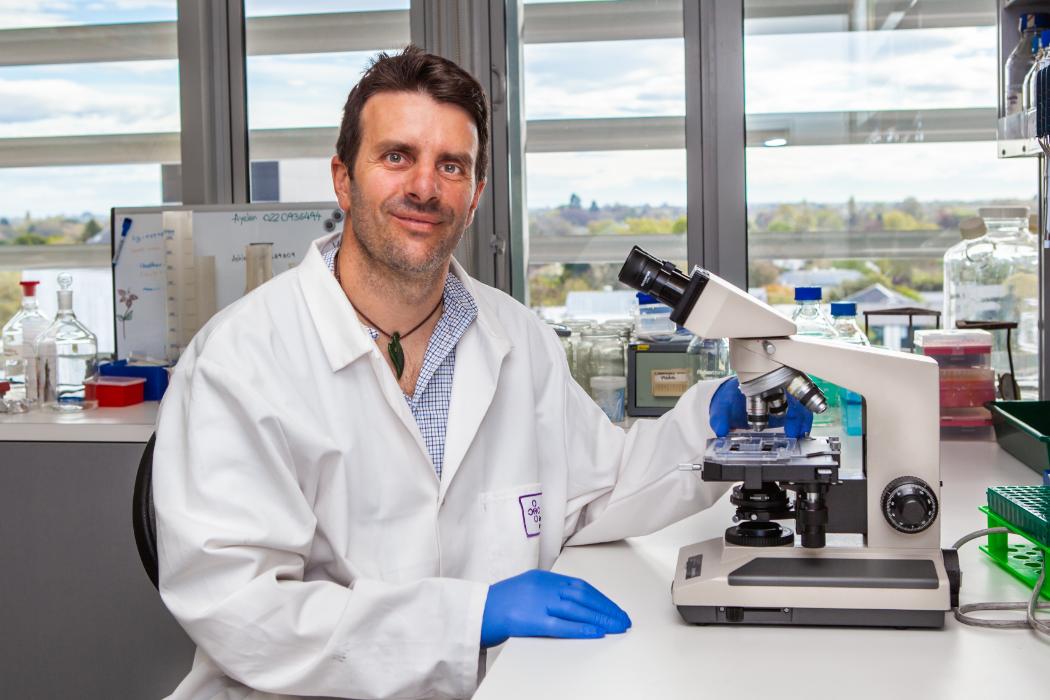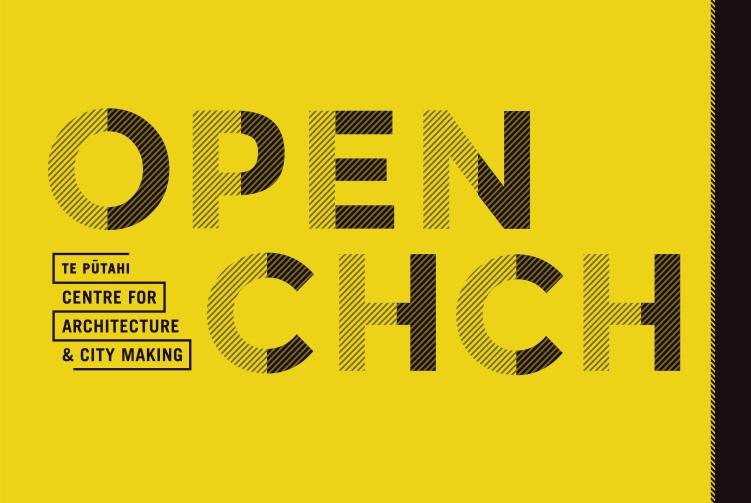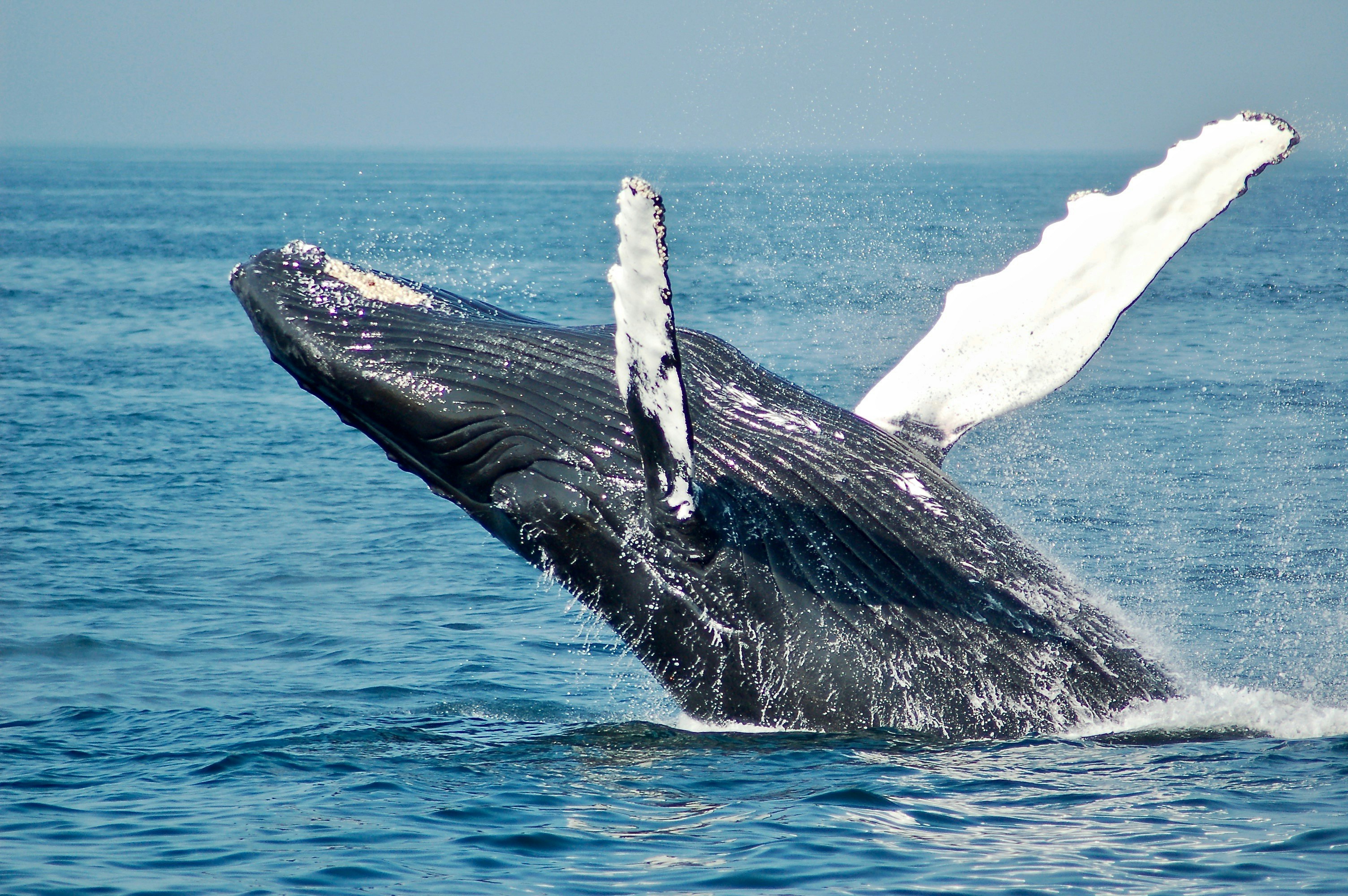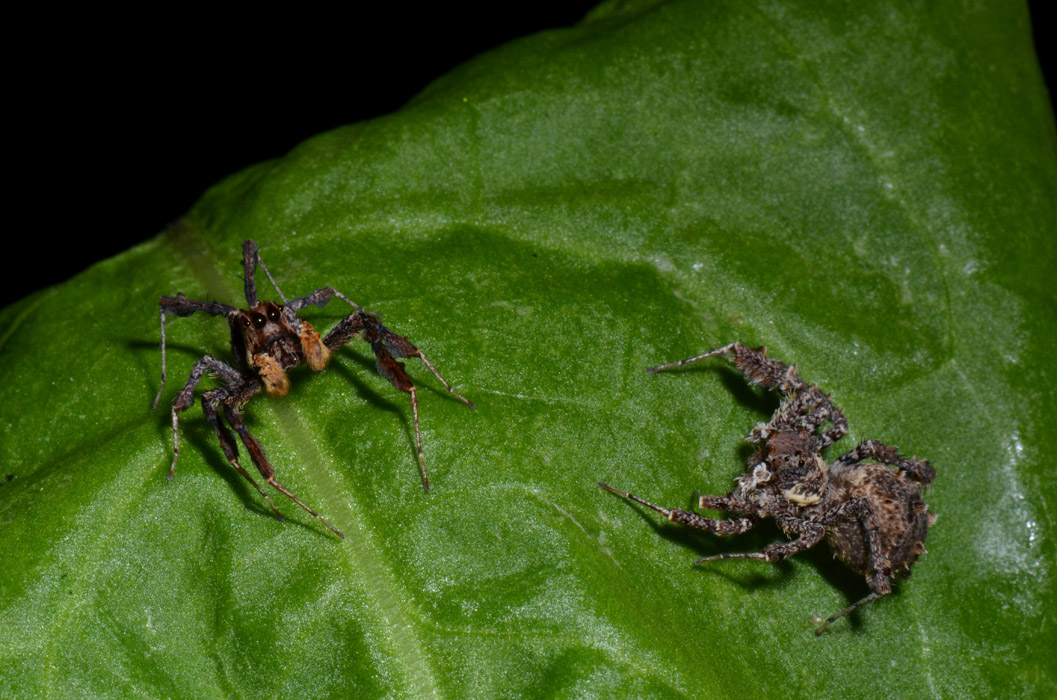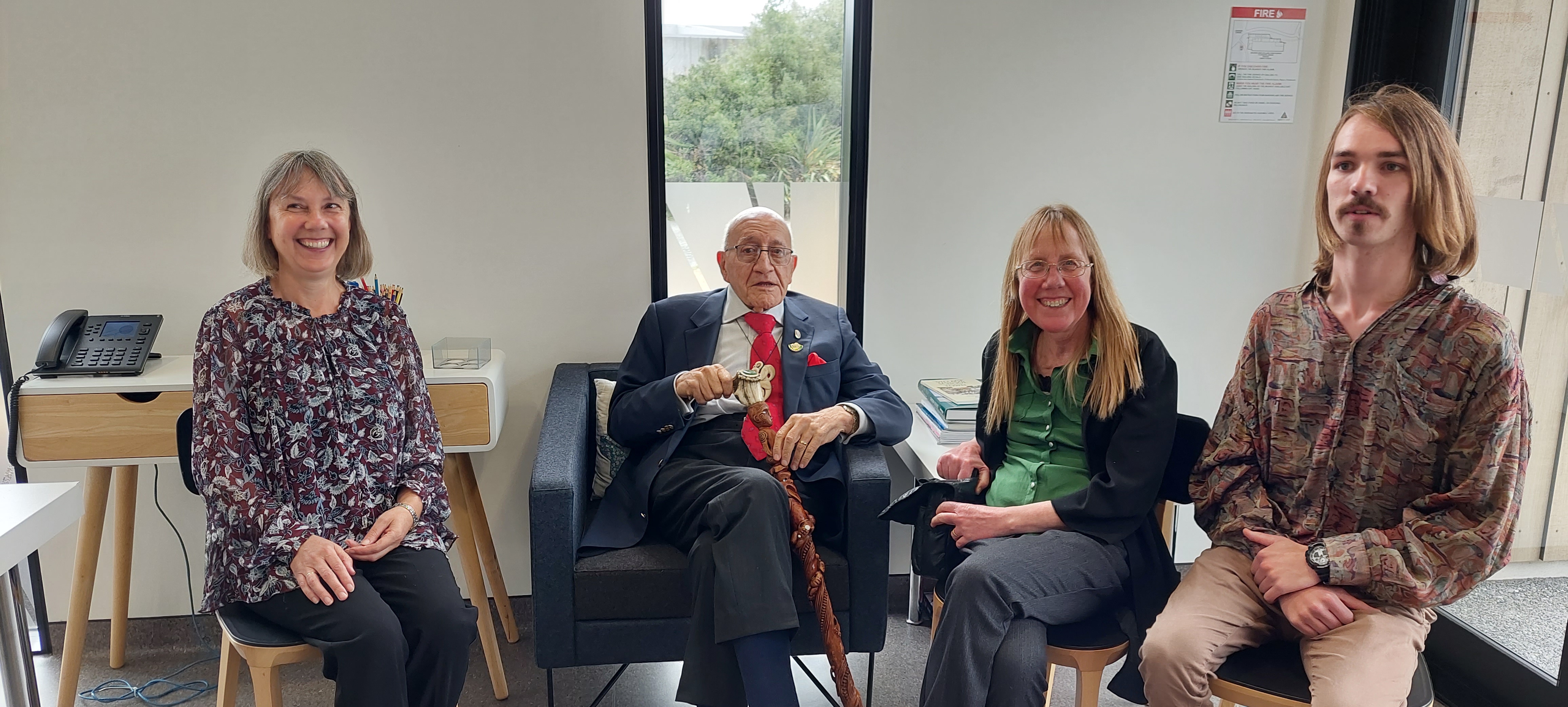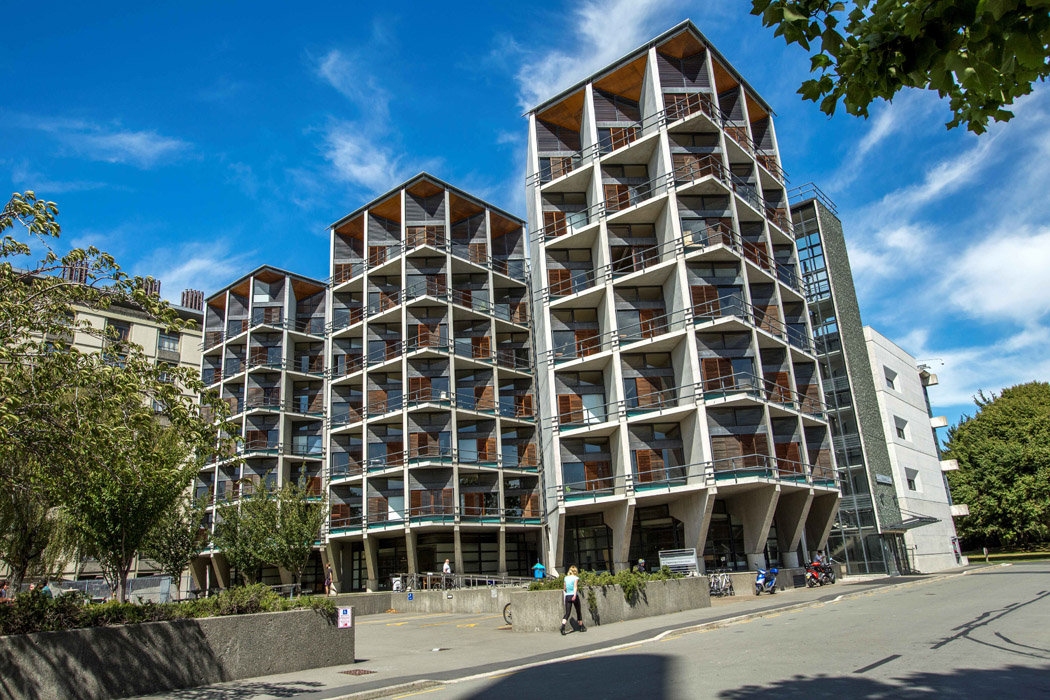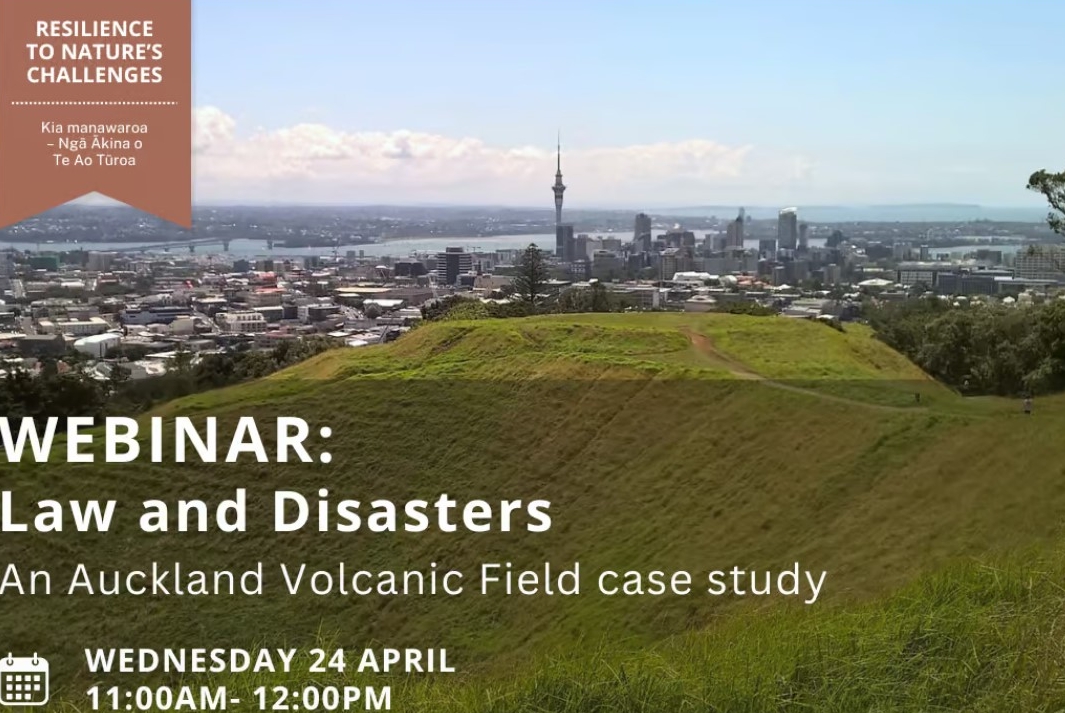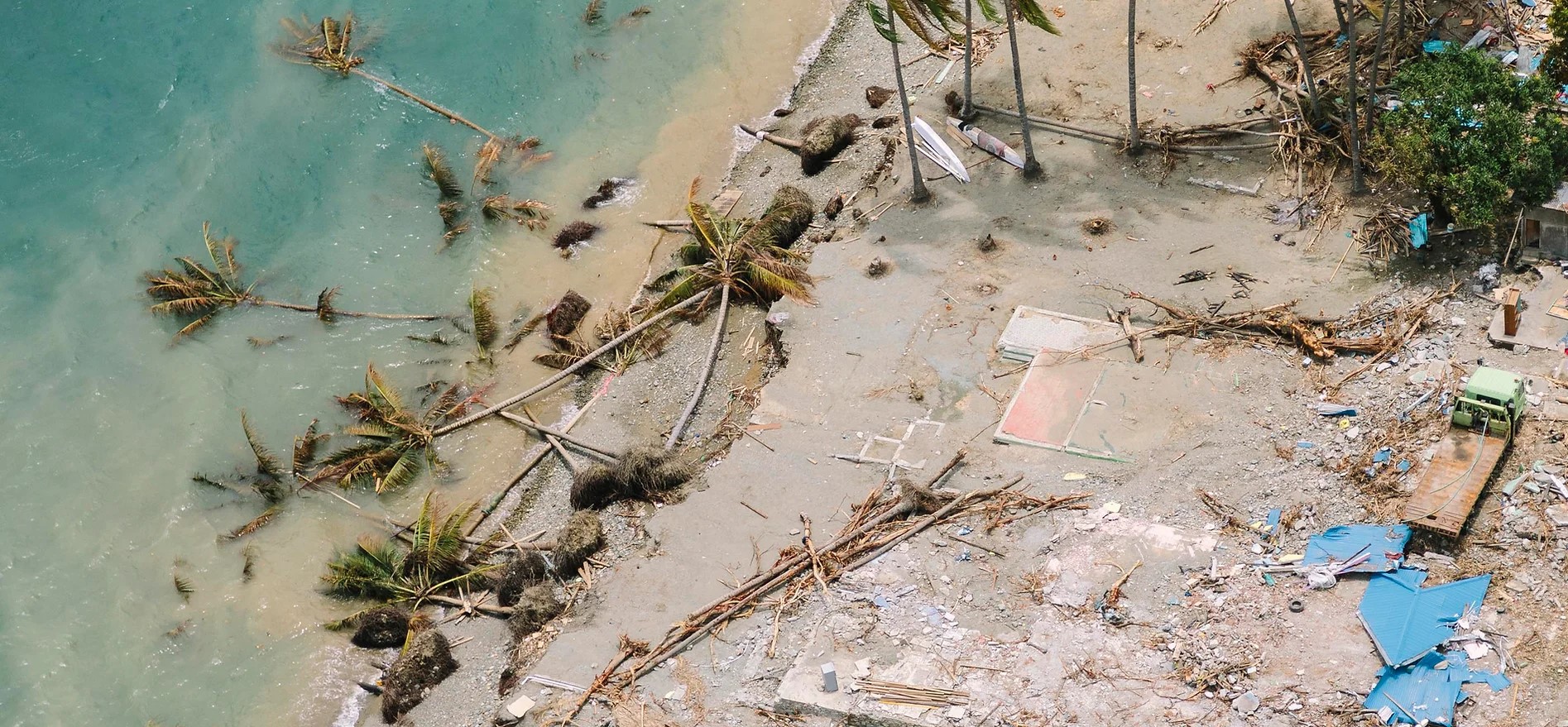UC engineer Dr Volker Nock has been awarded a 2019 Rutherford Discovery Fellowship.
University of Canterbury (UC) engineer Dr Volker Nock has been awarded a 2019 Rutherford Discovery Fellowship to accelerate research into saving native trees from fungal pathogens, announced today by the Royal Society Te Apārangi.
Using a lab-on-a-chip approach, Dr Nock will receive funding for the next five years to better understand how plant diseases such as kauri dieback and myrtle rust (which threatens pohutukawa, rata and manuka) target and invade their hosts.
Director of UC’s Biomolecular Interaction Centre and senior lecturer, Dr Nock says he is delighted to be recognised as a rising New Zealand researcher with the awarding of the Rutherford Discovery Fellowship.
“My work is very much at the interface between engineering and biology,” he says. “This fellowship will give me the unique opportunity to study the fundamental mechanisms underlying fungal and oomycete diseases in ways not previously possible.
“Hopefully this work will lead to new, less damaging ways to protect plants, such as the iconic kauri tree, while reducing the impact of treatments on beneficial micro-organisms. After all, fungi and oomycetes normally play crucial roles in ecosystems and our world would look very different without them.”
Volker Nock received a degree in microsystem technology from the Institute for Microsystem Technology (IMTEK) at the Albert-Ludwigs University of Freiburg, Germany, in 2005. He wrote his diploma thesis on single-use valves and pumps for transdermal drug delivery at the Royal Institute of Technology in Stockholm, Sweden. In 2009 he received a PhD in Electrical and Electronic Engineering from the University of Canterbury. His dissertation focused on the control and measurement of dissolved oxygen in microfluidic bioreactors. From 2009 to 2012 he was a MacDiarmid Institute and Marsden Research Fellow at the Department of Electrical and Computer Engineering.
He is Co-Director and Principal Investigator with the Biomolecular Interactions Centre, Principal Investigator with the MacDiarmid Institute for Advanced Materials and Nanotechnology and Associate Investigator of the Med Tech Centre for Research Excellence.
Dr Nock will receive $800,000 over five years for his research titled: Electrotaxis and protrusive force generation in fungal and oomycete pathogens – pathways to new biocontrol strategies.
Research summary:
Fungi and their counterparts, the oomycetes, play an important role in the cycle of life as they decompose dead and decaying organic matter. Through this crucial role in the nutrient cycle they influence the wellbeing of human populations on a large scale. In addition, they touch upon many other aspects of human life, including medicine, food and farming. These benign fungi and oomycetes however, are in stark contrast to their other relatives, who, in search for food, grow as pathogenic species on both plants and animals. These particular species can have detrimental effects on human health, either directly through infection or indirectly through loss of crop and other species. The ability to locate target plants and animals, and grow invasively into them, are key processes in the pathogenicity of these organisms. For example, spores of certain fungi use electric fields present in roots of trees to detect the presence of these and navigate towards them. Once at the target, spores of pathogenic fungi and oomycetes begin to grow structures in a process called germination, which help them physically invade the target. These structures ultimately develop into long tubular cells called hyphae, which generate protrusive forces at their tips to literally push into the tissue of the target. In the worst case this invasion and subsequent feeding on the target will lead to the demise of the plant or animal. In New Zealand, pathogenic oomycete and fungi are receiving widespread coverage in the popular press with the spread of kauri dieback and myrtle rust. On a global scale the spread of these diseases is made worse by climate change, the emerging drug resistance due to overuse of agrochemicals and an increase in world-wide distribution by human travel and commerce. The aim of this project is thus to establish the antifungal properties of new compounds, plants and other species and inform the development of treatments based on these. To do so, miniaturized sensors and actuators will be used to extend our understanding of the mechanisms that enable fungi and oomycetes to find targets and physically invade them. In particular, the project will develop a platform of so-called Lab-on-a-chip devices based around arrays of electrodes and force sensing micropillars. The former will help to better understand how spores locate tree roots for example, and whether roots could be protected using external electric fields. The latter will help determine the internal mechanisms with which the fungi and oomycetes generate the mechanical forces they use to penetrate their targets. This is likely to involve an interplay of enzymatic breakdown of host tissue and a protrusive force generated by the tip of the growing hypha. The protrusive force will be influenced by two factors: the turgor pressure of the hypha and the yielding capacity of the tip. If the factors that underlie all these mechanisms can be determined, this may impact on how we address the many diseases and infections that occur due to pathogenic fungal and oomycetes.
Rutherford Discovery Fellowships
The Rutherford Discovery Fellowships receive government funding of $8 million per annum and award $800,000 over five years to each research fellow. There are at least 50 Rutherford Discovery Fellows supported at any one time.
